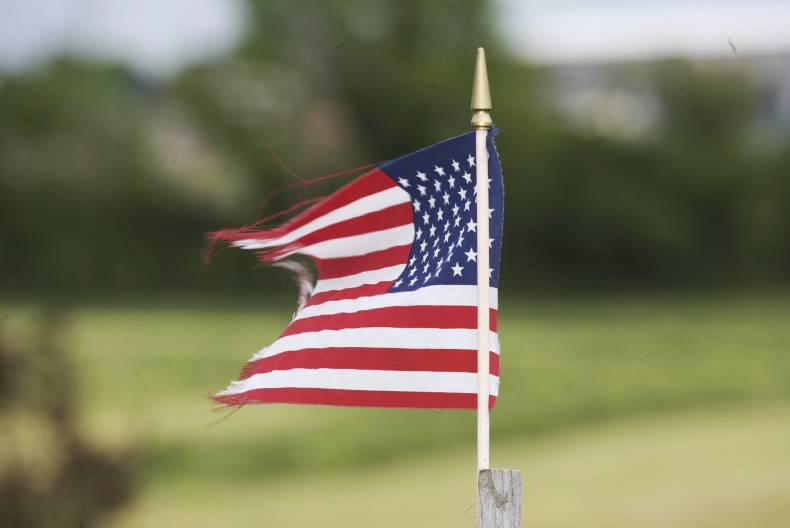A deal with the two groups on the Trans Pacific Partnership (TPP) was agreed on Monday morning at a meeting between trade ministers from the US and 11 Asian countries. Those 11 countries are: Australia, New Zealand, Peru, Singapore, Japan, Brunei Darussalam, Canada, Chile, Malaysia, Mexico and Vietnam.
Talks are understood to have slowed in recent times with dairy exports, the automotive industry and drug patents proving stumbling blocks for negotiators.
Negotiations between the USA and the Pacific countries have been ongoing for the past five years and the deal sees agreement between nations which constitute 40% of global trade. The deal will see export and import tariffs reduced significantly between the two countries.
Agreement needed
While agreement has been reached in principle for a deal, both sides now have to return to their respective governments to get sign off. Challenges remain in the US where President Obama will essentially have to seek agreement over his own Democratic party in the House of Representatives.
The Republican party is more in favour of the deal than the Democrats even though President Obama has sought to conclude the TPP before leaving office next year.
The TPP deal would appear to clear the way for American negotiators to ramp up talks with Europe over its own trade deal.
America and Europe have been negotiating the Transatlantic Trade and Investment Partnership (TTIP) since 2013 and so far 10 rounds of talks have taken place.
Hard fought
Commenting on the conclusion of the TPP talks, Conor Mulvihill European Affairs director with ICOS in Brussels said:
“ICOS has long maintained that there would be no real progress on any TTIP agreement until the TPP has been concluded.
“Now with the American elections ramping into gear there now is a small window of opportunity to progress negotiations before the presidential election cycle takes over.
“It is clear that any gains will be severely hard fought with Dairy in particular being of particular defensive interest to US farmers both in the TPP and any potential TTIP.
“ICOS will continue to look to represent the cooperative Agriculture movement to ensure any potential deal balances growth opportunities for our farmer members while protecting the standards and sensitive industries such as beef from any unfair deal,” Mulvihill said.







 This is a subscriber-only article
This is a subscriber-only article










SHARING OPTIONS: